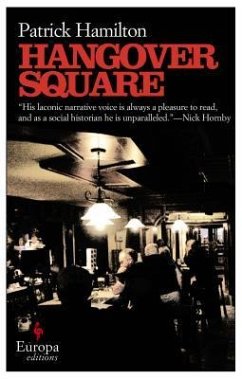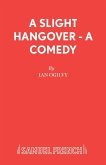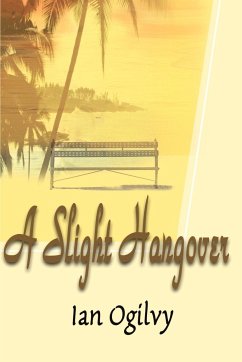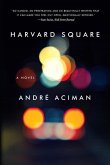"Hamilton . . . is a sort of urban Thomas Hardy: . . . always a pleasure to read, and as social historian he is unparalleled."-Nick Hornby "A much better writer than Auden, Isherwood . . . and his novels are still true now. You can go into any pub today and see it going on."-Doris Lessing, "The Times" Adrift in the grimy pubs of London at the outbreak of World War II, George Bone is hopelessly infatuated with Netta, a contemptuous, small-time actress. George suffers from occasional blackouts, during which one thing is horribly clear: he must murder Netta. Patrick Hamilton enjoyed worldwide popularity during the 1930s. His play "Rope" was made into a film by Alfred Hitchcock, and another, "Gaslight," was a great success on the stage before being made into a film starring Ingrid Bergman.








